Table of Contents
ToggleHeart Attack (Myocardial infarction)
The battle against heart attacks is won not in the emergency room but in the everyday choices we make for our heart’s wellbeing.
This blog will explore why heart attack happens and what you can do to protect yourself and your loved ones.
Myocardial infarction: What It Is
Heart attacks happen when one or more coronary arteries(the arteries supplying blood to heart) become blocked. Without timely treatment, it can lead to severe heart damage and life-threatening complications.
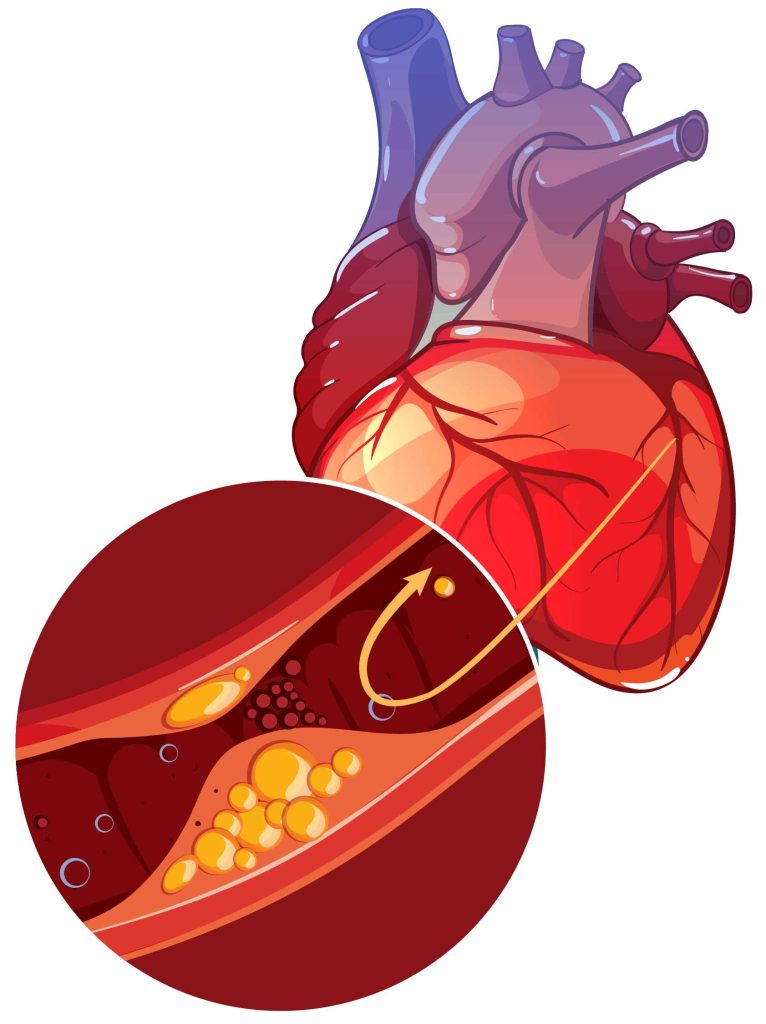
Causes of Heart Attack
The most common cause is coronary artery disease (CAD)- buildup of plaque and cholesterol inside the coronary arteries, which supply blood to the heart muscle. The buildup narrows the artery leading to reduction in supply of oxygenated blood to the heart muscles, causing heart attack.
A less common cause is a severe spasm or sudden contraction, of a coronary artery that can stop blood flow to the heart muscle.
Heart Attack Symptoms:
The major symptoms include:
Chest pain or discomfort: Usually in the center or left side of the chest that lasts for more than a few minutes or that goes away and comes back.
- The discomfort can feel like uncomfortable pressure, squeezing, fullness, or pain.
- Pain or discomfort in the jaw, neck or back.
- Pain or discomfort in one or both arms or shoulders.
- Breathlessness
- Cold sweat
- Lightheadedness or fainting
Other symptoms of a heart attack could include unusual or unexplained tiredness and nausea or vomiting.
Heart Attack Symptoms:
Risk Factors: Broadly classified as modifiable and non modifiable.
1. Modifiable – Factors which can be improved with good habits and lifestyle
- High blood pressure
- High blood cholesterol
- Smoking
- Diabetes Mellitus
- Obesity
2. Non modifiable – Factors which are not dependent on habits and lifestyle
- Family history of heart attacks
- Increasing age
Diagnosis
A heart attack is a medical emergency. Any person experiencing symptoms of heart attack should be rushed to the nearest hospital, where the following tests can be done-
- Electrocardiogram (ECG)
- Blood tests-to test for proteins and enzymes that only show up in the blood when the heart muscle is damaged.
- Echocardiogram(2D ECHO)
- Coronary angiography
Treatment
Immediate treatment is crucial and includes:
- Oxygen administration & Medications to improve the blood flow to the heart and to control chest pain.
Specific heart attack treatment depends on whether there’s a partial or complete blockage of blood flow. It may involve-
- Coronary angioplasty and stenting
- Coronary artery bypass surgery (CABG)
Prevention
Preventive measures include:
- Regular exercise-aim for at least 30 minutes of moderate or vigorous physical activity five or more days a week.
- Healthy diet-Avoid or limit foods with a lot of saturated fat, trans fats, salt and sugar.
- Quit smoking
- Be regular with medications for high blood pressure, high cholesterol, and diabetes
- Regular medical check-ups-to identify raised blood sugar and Cholestrol levels.
Conclusion
Understanding heart attack risks is vital. By recognizing the signs and taking preventive steps, you can safeguard your heart health.
FAQs on Heart Attacks
How quickly do I need to act if I suspect a heart attack?
Immediate action is crucial. The sooner a heart attack is treated, the better the chances of survival and less damage to the heart.
What are the primary symptoms of a heart attack?
The main symptoms include chest pain or discomfort, shortness of breath, nausea, lightheadedness and discomfort in the arms, back, neck, jaw, or stomach.
How does a heart attack differ from cardiac arrest?
A heart attack is a circulation problem caused by a blockage in the heart’s blood supply, while cardiac arrest is an electrical problem where the heart stops beating unexpectedly.
What are the risk factors for a heart attack?
Major risk factors include high blood pressure, high cholesterol, obesity, diabetes, smoking, a sedentary lifestyle, and a family history of heart disease.
Can I reduce my risk of a heart attack?
Yes, by doing regular exercises, maintaining a healthy lifestyle, not smoking and being regular with medications for high blood pressure and diabetes.
Can you fully recover from a heart attack?
Recovery is possible, but it depends on the severity of the attack and how quickly treatment is received. Post-heart attack rehabilitation is crucial.
Does Heart attack happen in only elderly?
Though risk of heart attack increases with age, it can occur in young adults also.
Sourced from CDC, Mayo Clinic, Cleveland clinic
For more blogs visit: drome.clinic/blog

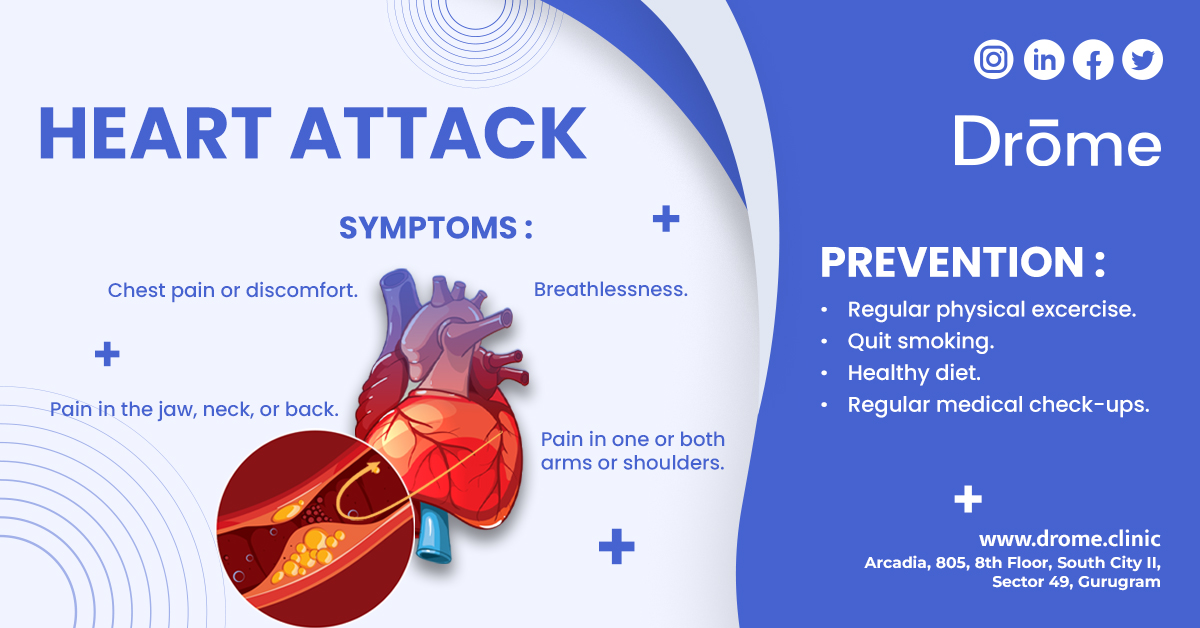
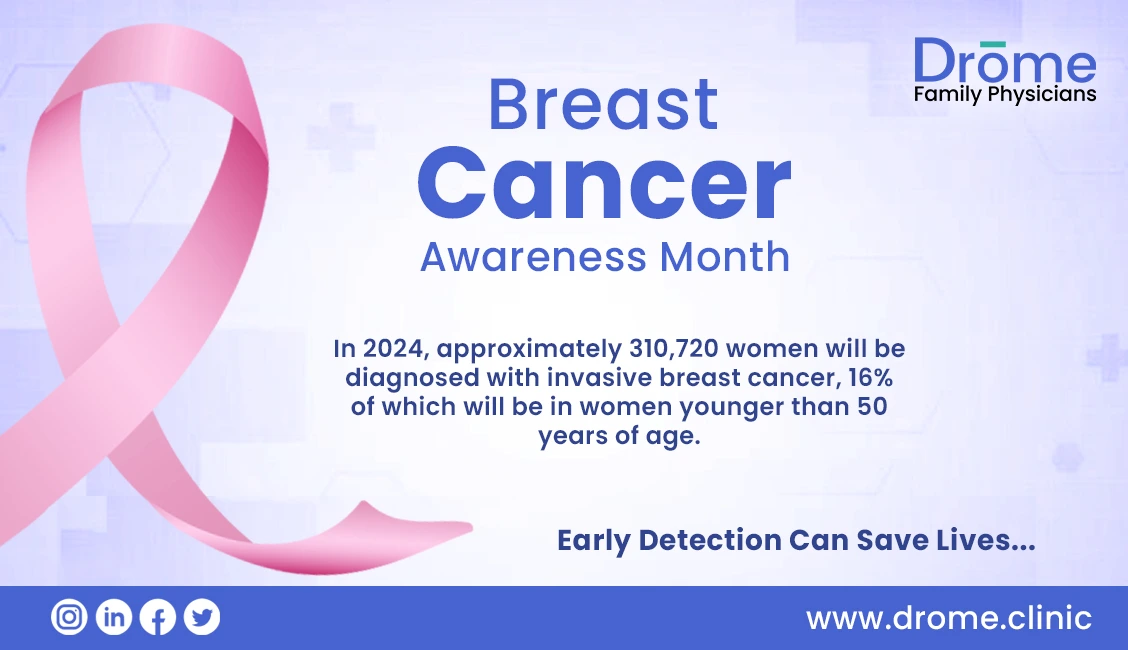
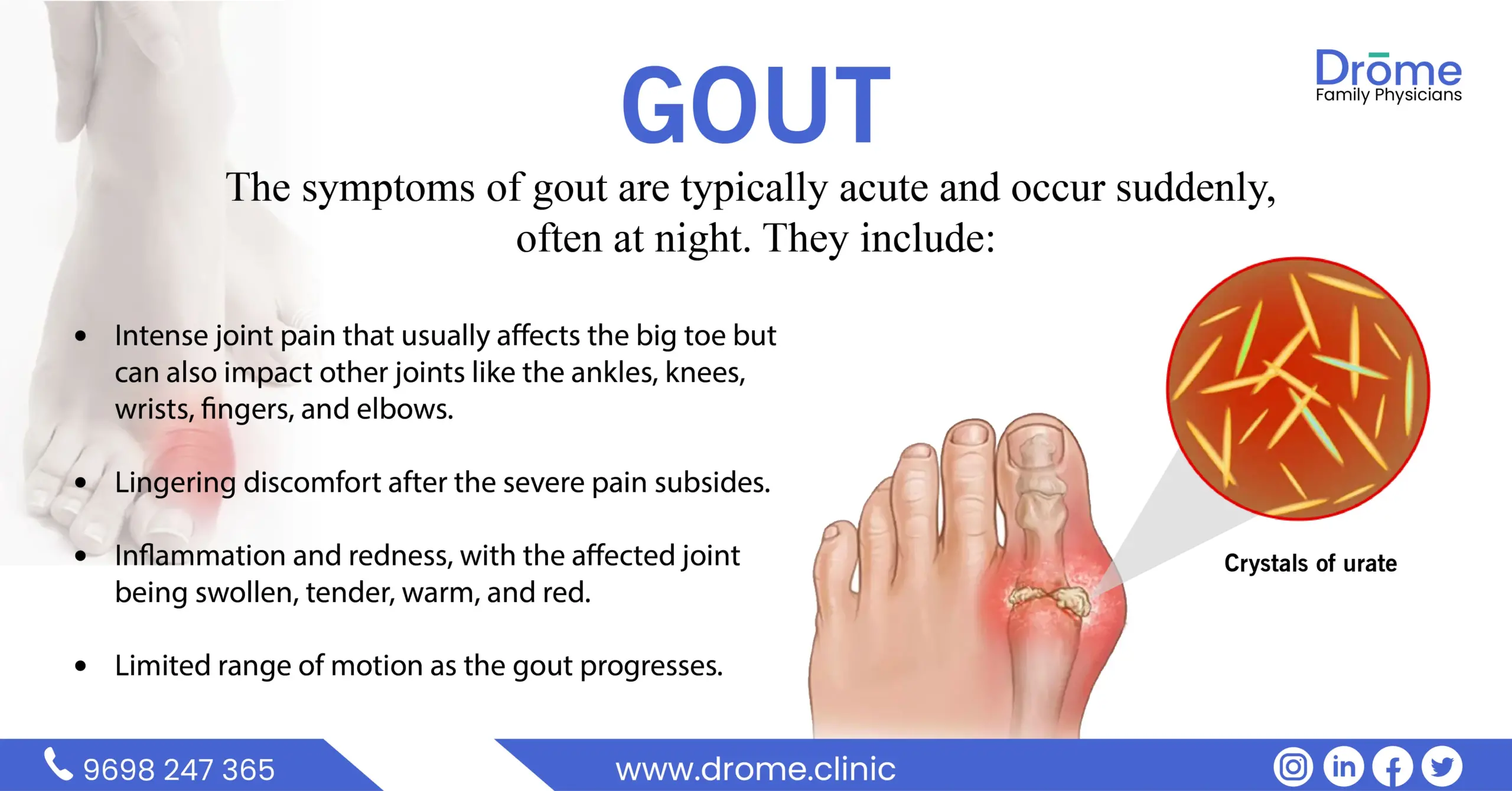
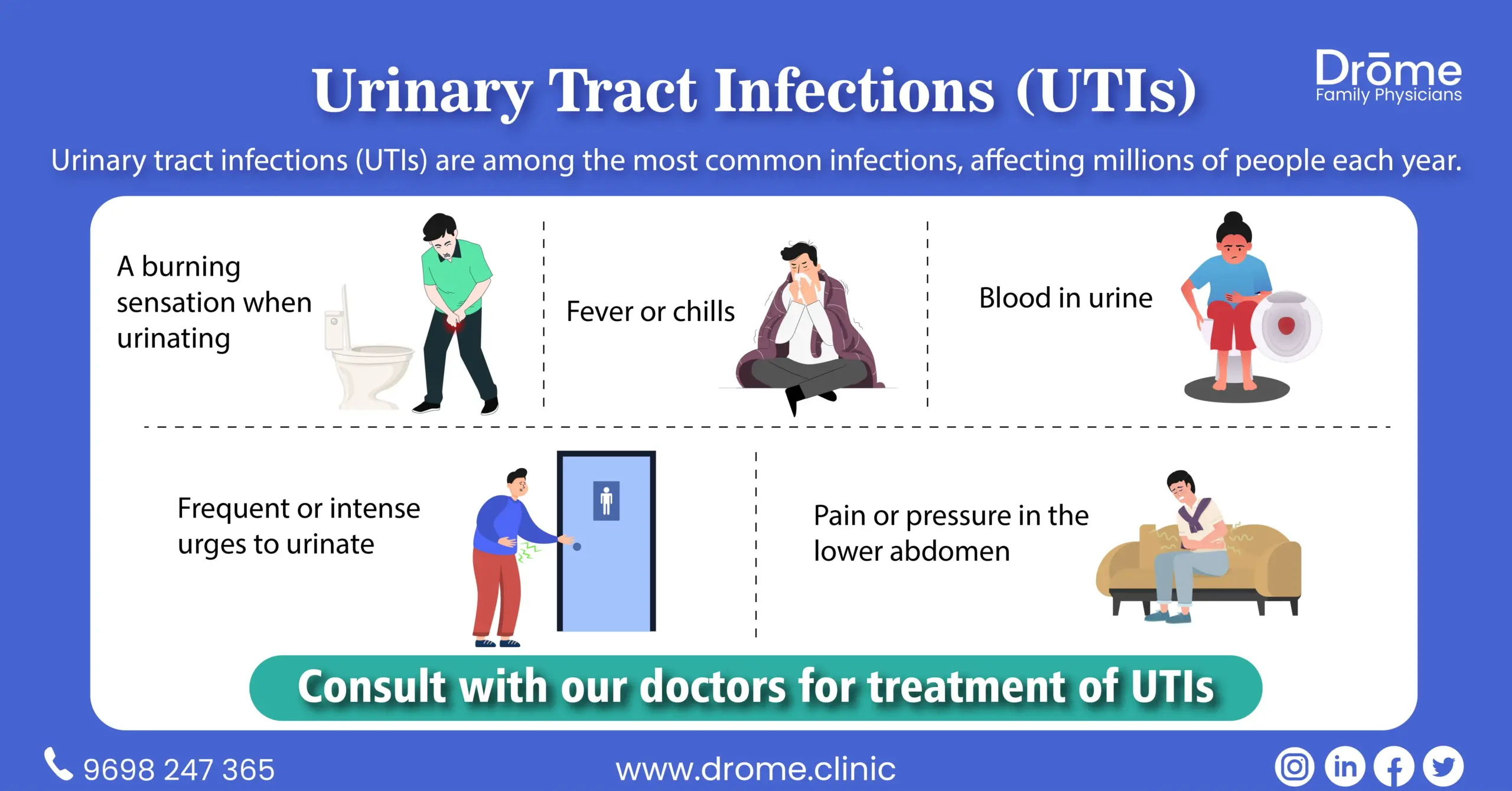

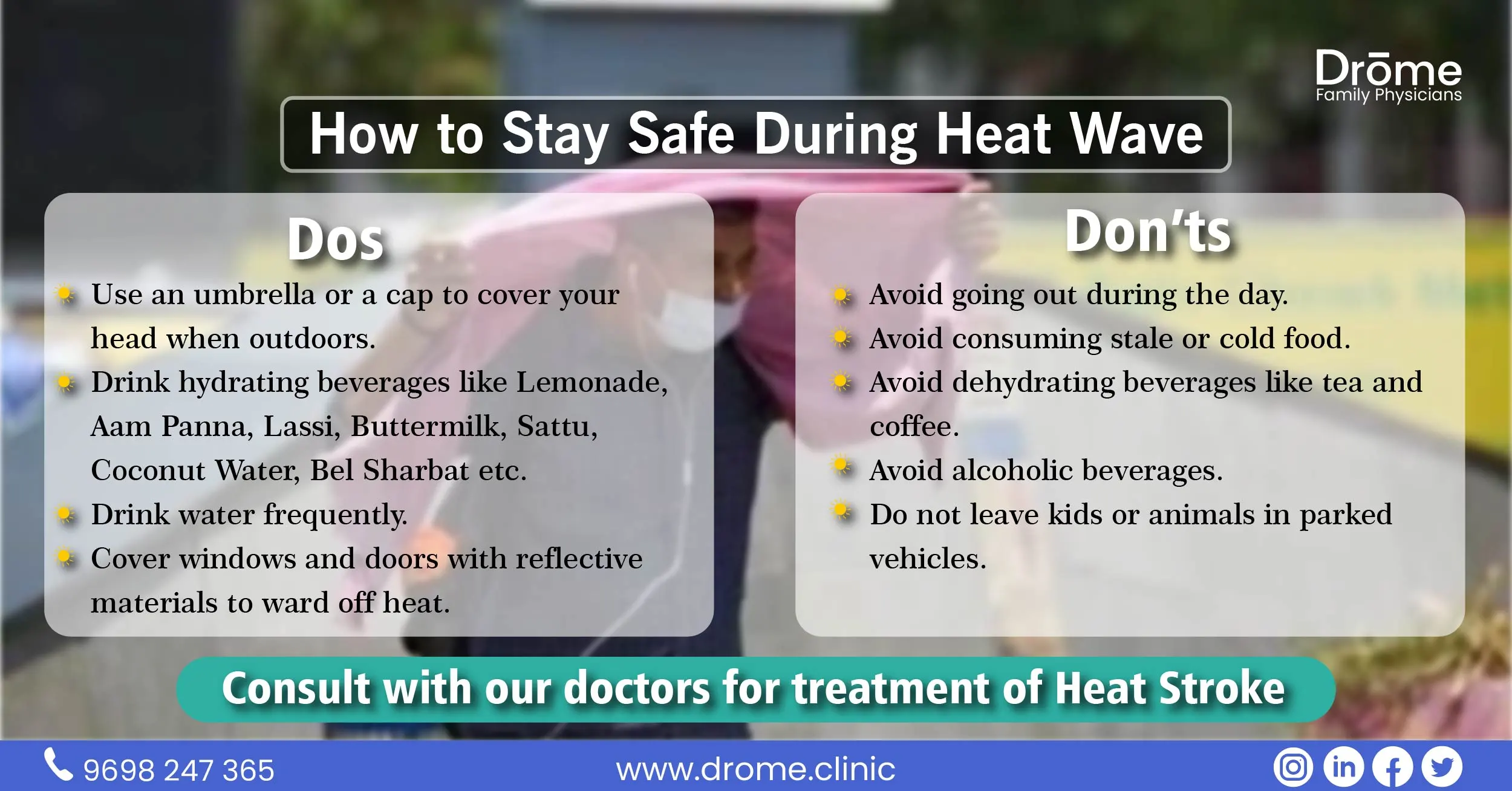
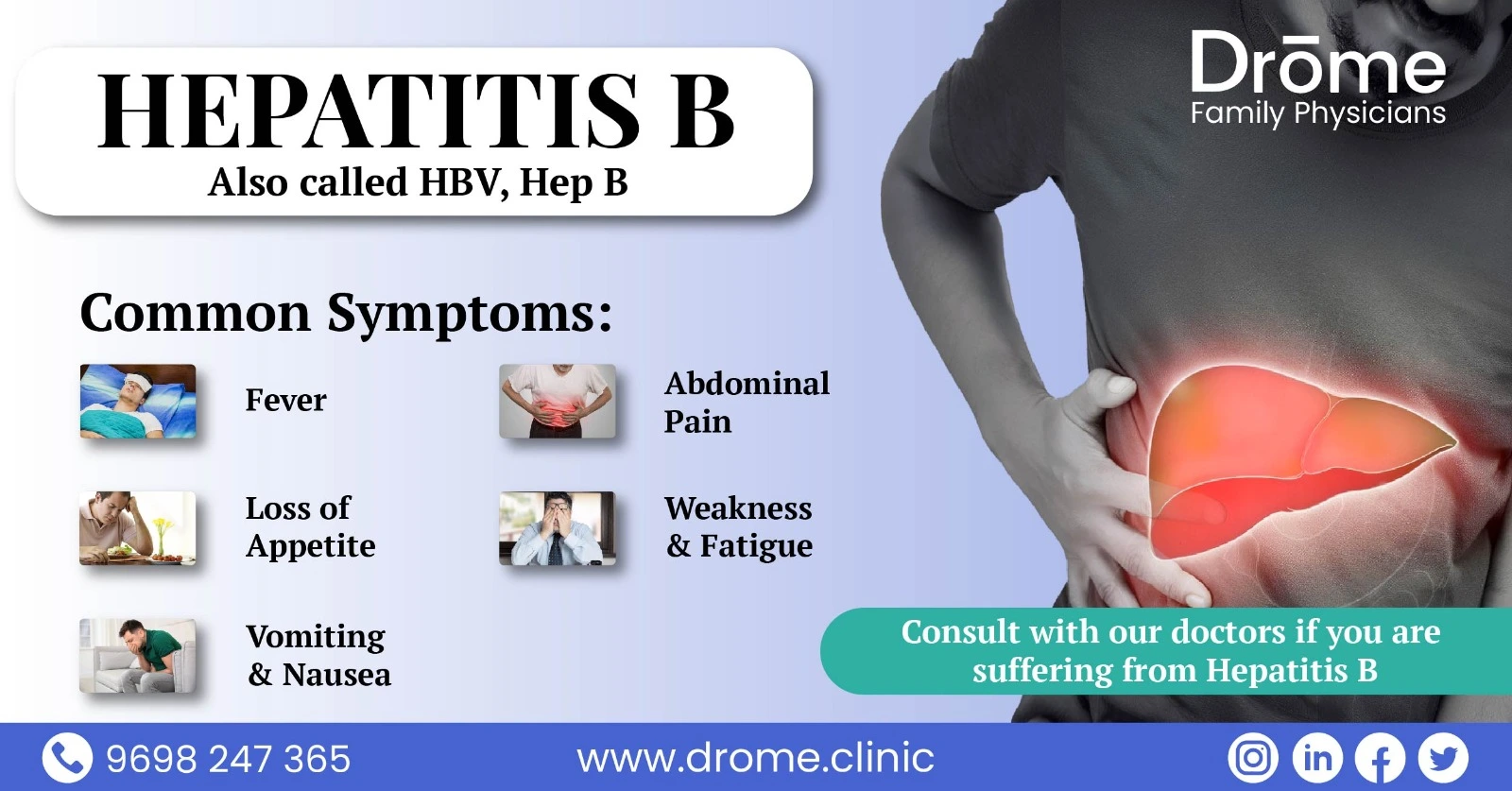
2 Responses
Bravo, what is the right phrase … great idea
I absolutely agree with you. I think this is a great idea. I agree with you.